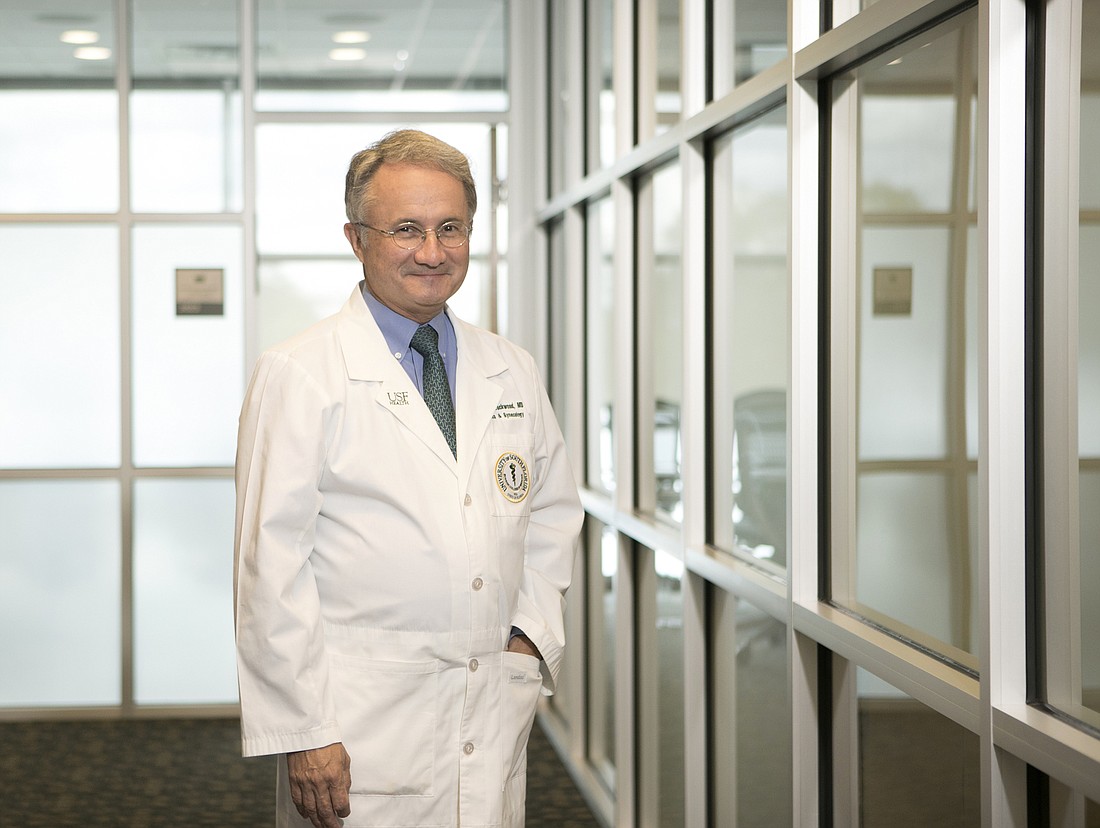- December 19, 2025
-
-
Loading

Loading

A new era in a new neighborhood begins in 2019 for the University of South Florida’s medical school.
The USF Health Morsani College of Medicine and Heart Institute will be one of the first residents of Water Street Tampa, Jeff Vinik’s $3 billion, 53-acre, mixed-use urban development in downtown Tampa.